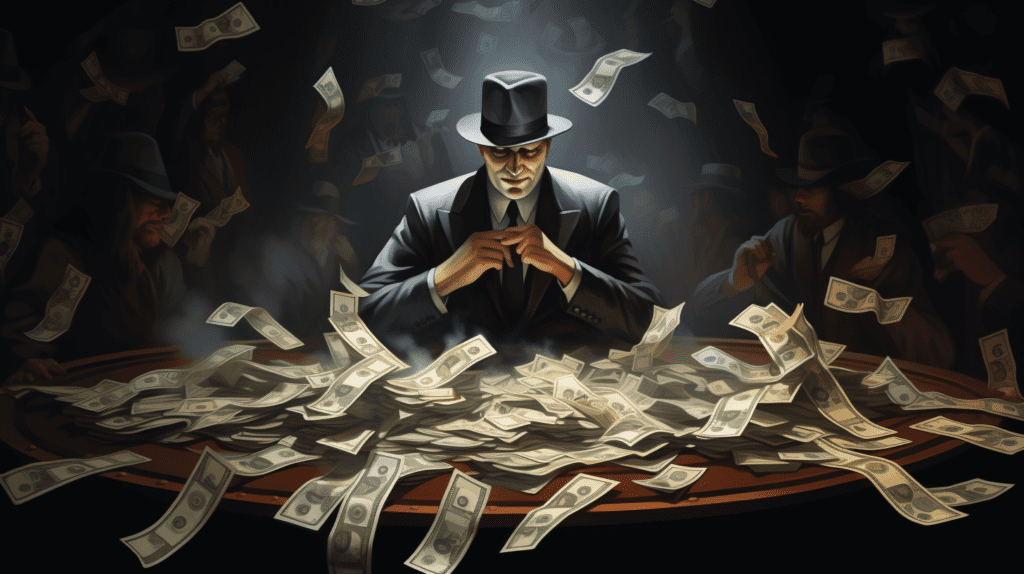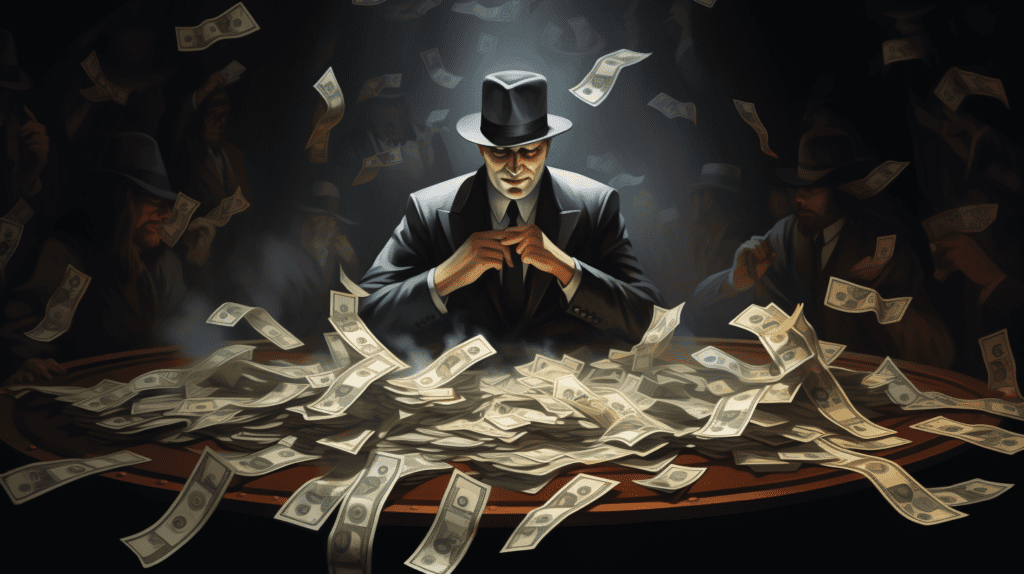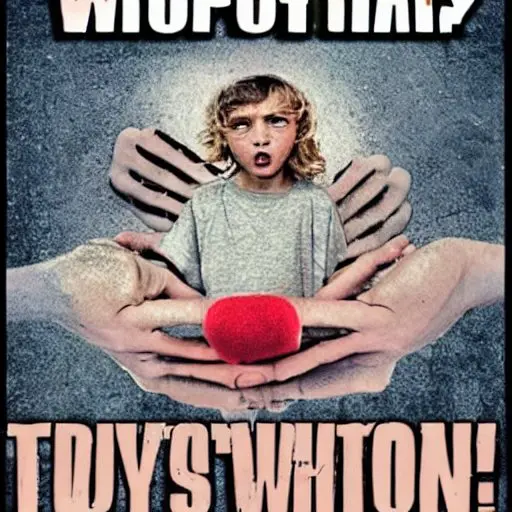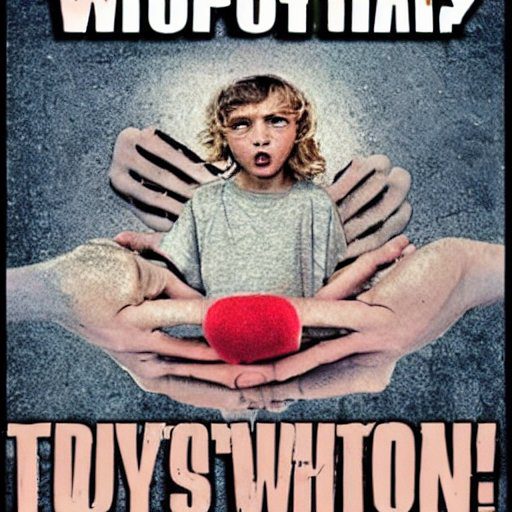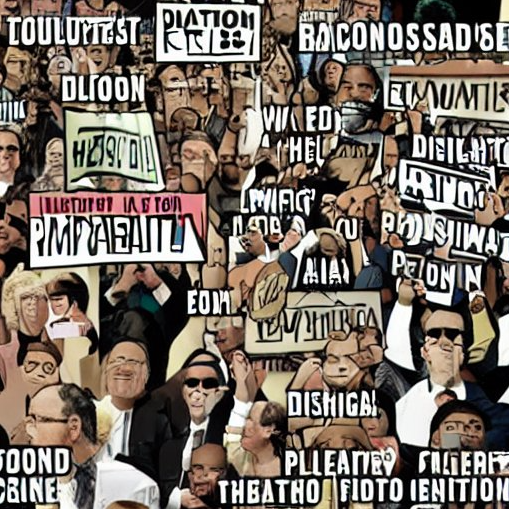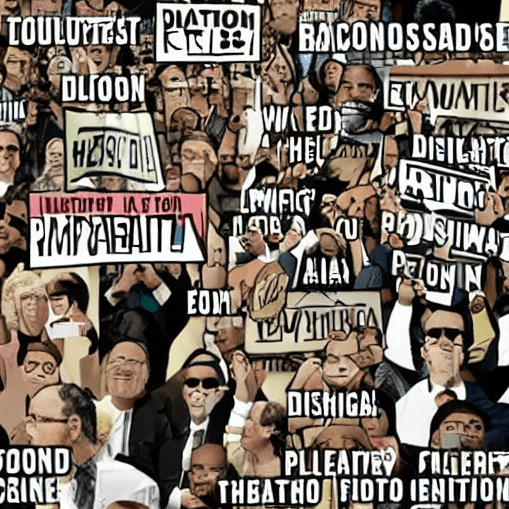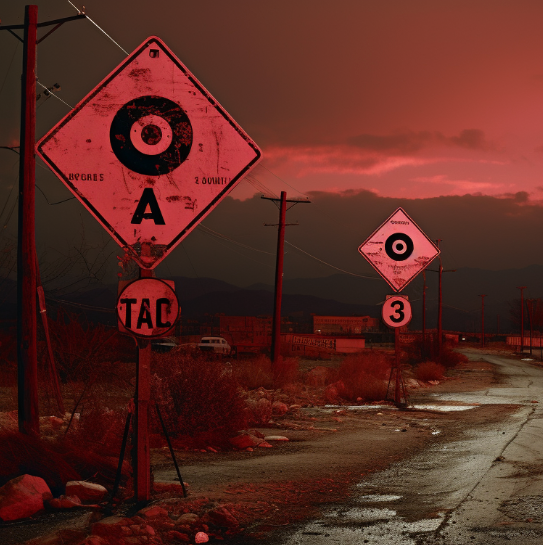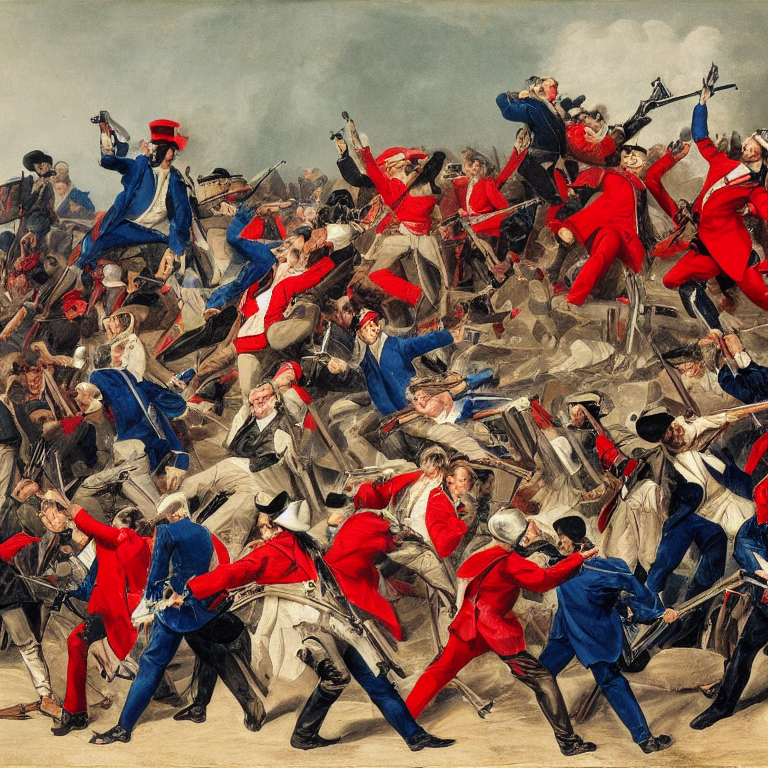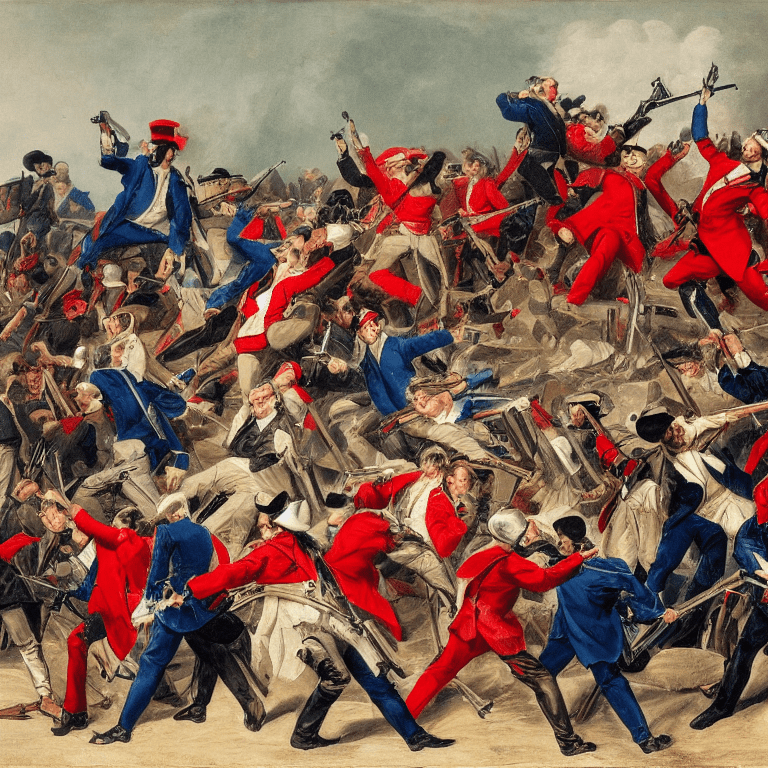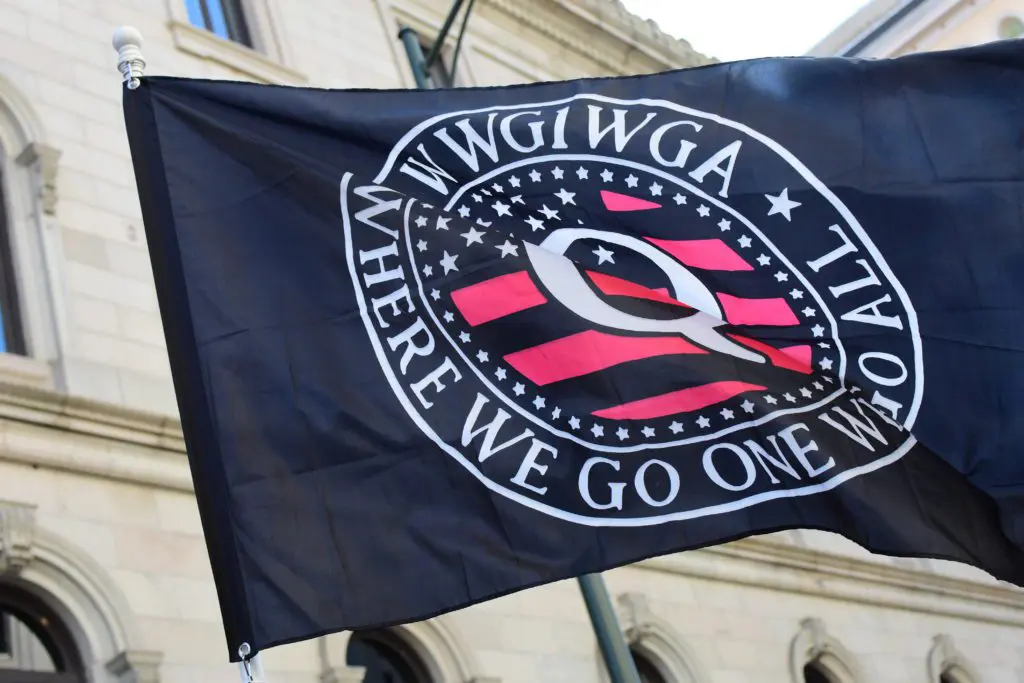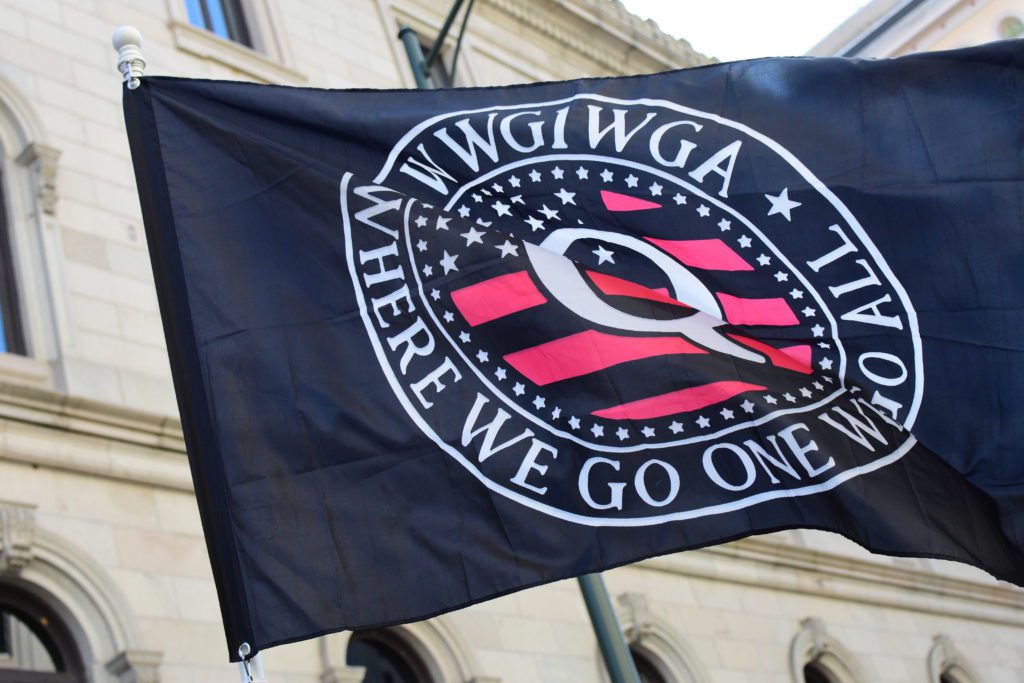Racists tend to see democracy itself as a conspiracy against white people, thanks in large part to the Lost Cause Religion that sprouted up after the South lost the Civil War and had to live with themselves after destroying their economy and stature for immoral ends. Authoritarians tend to get very agitated by diversity and difference. White nationalism is the Venn diagram between these two groups.
White nationalist ideology gained renewed attention in the late 20th and early 21st centuries, often manifesting through hate groups, online forums, and political movements. White nationalists argue for policies that would establish or maintain a white majority in the country, often opposing immigration from non-European countries and advocating for policies that they believe would preserve white culture. These views are widely considered to be based on racial prejudices and are often associated with hate crimes and domestic terrorism.
Prominent white nationalists
With the emergence of the alt-right and neoreactionary groups espousing flavors of accelerationism during the Trump era, a host of white nationalists have come out of the closet and said the quiet parts out loud. Here are a few figures to watch out for:
- Nick Fuentes
- Pat Buchanan
- Richard Spencer
- Jared Taylor
- Peter Brimelow
- Laura Loomer
- William Regnery II
- John Tanton of the powerful and shadowy disinformation-spewing Tanton Network
- see also: white nationalist hate groups in the US
Related to white nationalism
- Great Replacement Theory
- Anti-immigration; “immigrants cause crime” myth
- Racist; “Black people cause crime” myth
- Anti-semitic conspiracy theories: “Jews control the world”; blood libel and global cabal theory; QAnon
- White supremacy: ideology that whites have “inherently” superior genetics and culture, fomented over the past few centuries and lingering still among the dramatically insecure and small-minded
- White power movements of the 1980s
- New World Order
- One World Government
- ZOG: Zionist Occupied Government
- nationalism
- fascism
- populism
- militia movements

